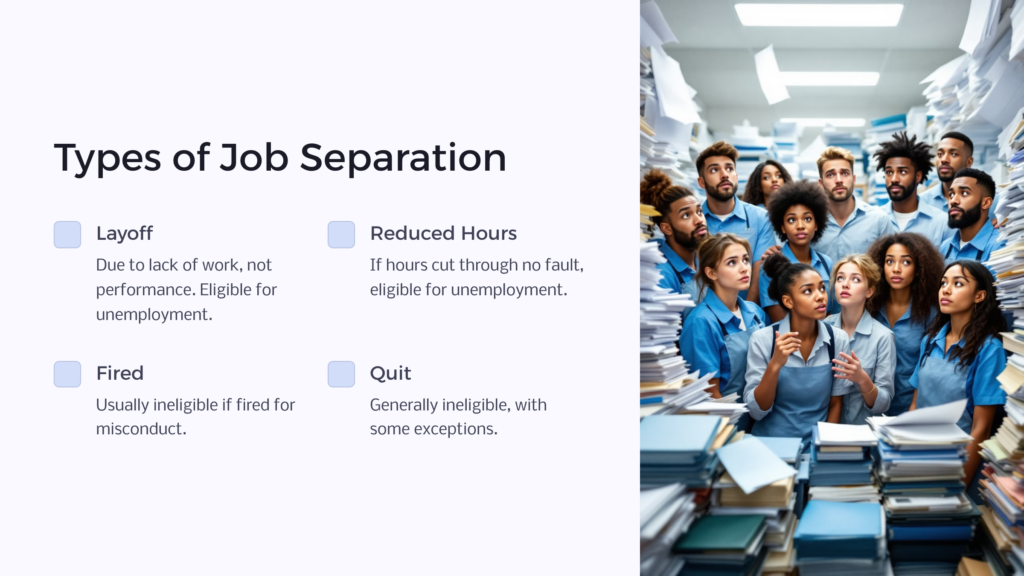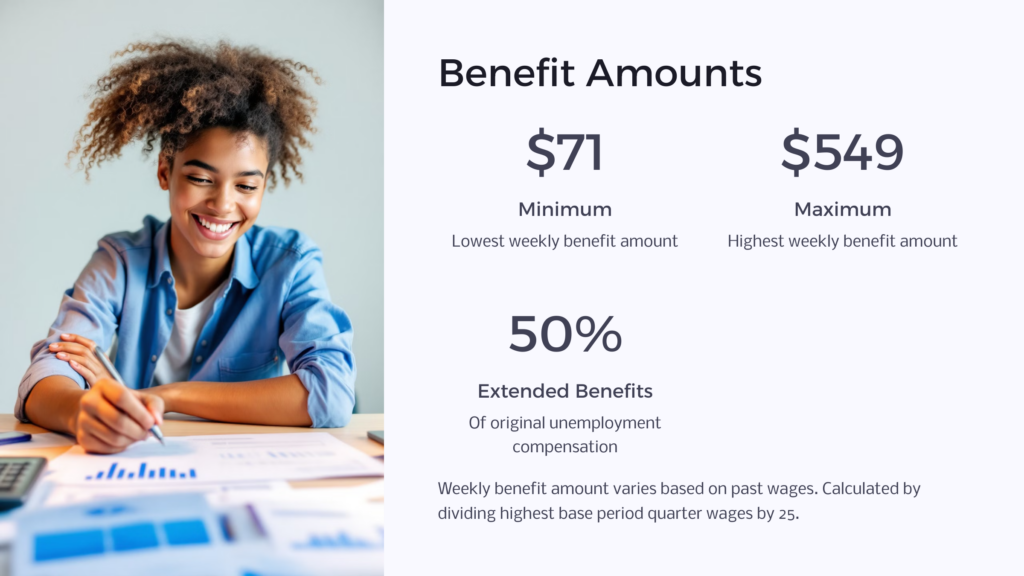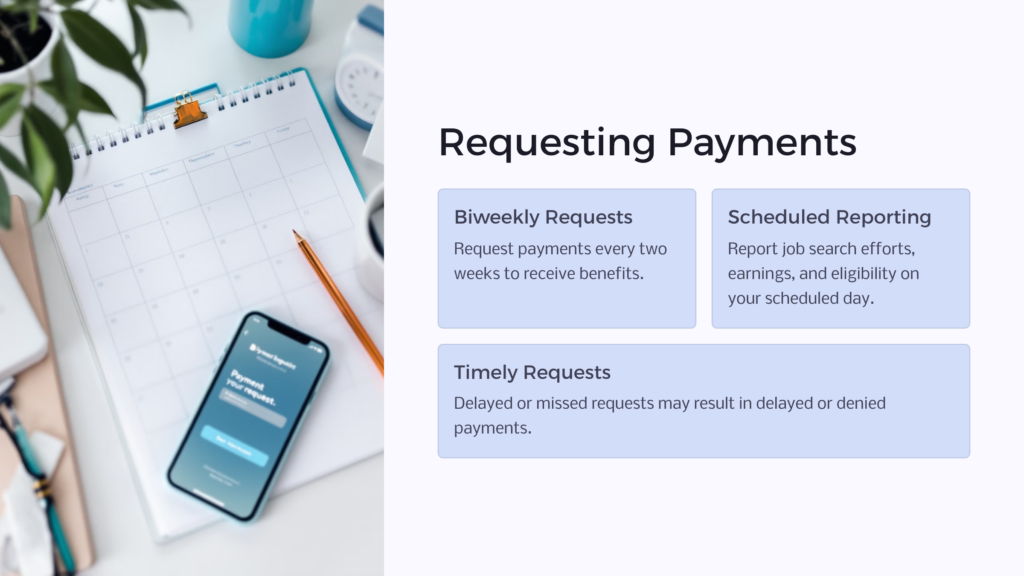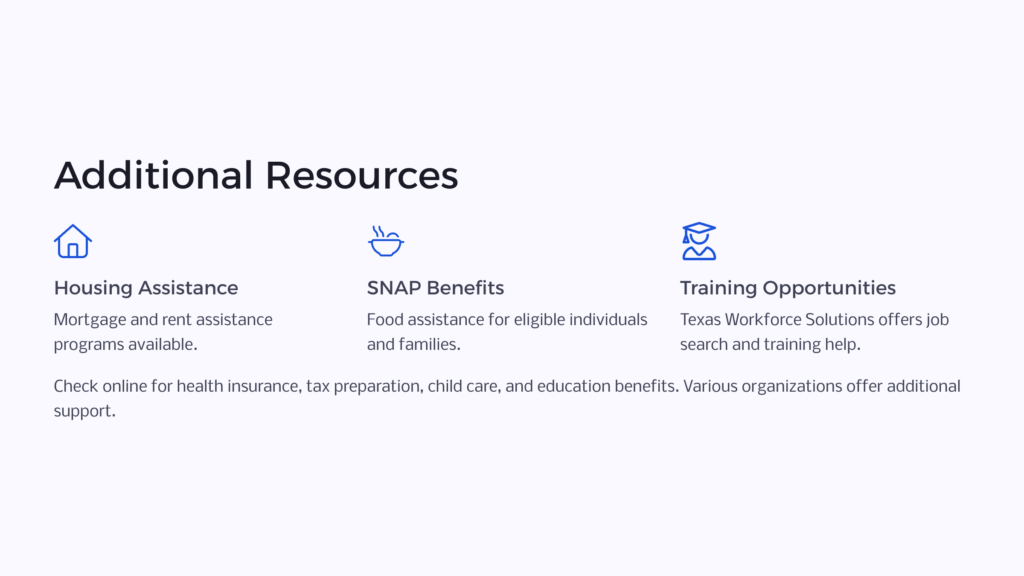Extended Unemployment Benefits are additional weeks of compensation when workers have depleted regular unemployment benefits. Texas’s extended unemployment benefits program is only available when there is a high state or national unemployment rate, which must exceed 6.5%, as determined by the U.S. Secretary of Labor in the most recent three-month period. Most states offer workers 26 weeks of unemployment aid, and an additional seven to twenty weeks of compensation may be available in extended unemployment benefits.
Types of Job Separation

To be eligible for unemployment aid, you must be either unemployed through no fault of your own, or be working reduced hours.
- Layoff – Layoffs are typically due to lack of work, and are not due to your work performance. If you are laid off, you may be eligible for unemployment.
- Reduced Hours – If your employer reduces your hours by no fault, such as disciplinary action, you are eligible for unemployment.
- Fired – If you are fired or your employer demands you quit, you are not eligible for unemployment. This is usually because you have been fired for misconduct.
- Quit – If you choose to end your employment, then you have quit, regardless of the reason. You are usually not eligible for unemployment if you quit, but some exceptions exist.
What do Benefits Include?

Your weekly benefit amount will vary, but it will be between $71 and $549, depending on your past wages. To calculate your weekly benefit amount, your base period quarter will be divided with the highest wages by 25 and round to the nearest dollar. Extended benefits will usually be 50% of the total amount of your original unemployment compensation.
Who Qualifies for Extended Unemployment Benefits?
Extended benefits are not offered to everyone who has exhausted Texas unemployment benefits. To qualify for extended benefits, you must:
- have exhausted your regular claim for UI benefits in Texas
- not qualify for regular UI benefits in Texas or any other state
- have total base period wages of your original regular UI claim that are:
- have no disqualifications that would prevent you from being eligible for EB
- have at least one week in your benefit year that begins in an EB eligibility period.
Requirements for Extended Unemployment Benefits?
To receive unemployment benefits, you must be actively searching for work. Keep in mind that extended unemployment has different requirements than regular unemployment benefits. To receive extended unemployment, you must:
- Apply for any job the Texas Workforce Commission recommends
- Search for work multiple days of the week. This can include job interviews, networking, applying for jobs, sending resumes, etc.
- Document and log your work search activities within seven days of when you request payment.
- Accept any suitable work offered to you.
How Can I Claim Extended Unemployment Benefits?
You should apply for unemployment benefits as soon as you are out of work, because the Texas Workforce Commission will not back pay any time before your application. You will need to apply online and then call a service representative. The application will require you to have a lot of information, so ensure you have the following before you apply:
- Valid Texas identification
- Your last employer’s business name, address, and phone number
- First and last dates (month, day, and year) you worked for your last employer. If you worked for your last employer on more than one occasion, provide the most recent employment dates.
- The average normal wage for the job you are seeking.
When you run out of unemployment benefits, you will typically receive a letter from the Texas Workforce Commission informing you that you qualify for extended benefits and how to apply for them. If you do not receive this letter, contact the Texas Workforce Commission and request information.
How and When Do I Request Payments?

After you apply for unemployment, you must request payments to receive benefits every two weeks. There will be a scheduled day every two weeks for you to report job search efforts, earnings, and whether or not you still qualify for benefits. If you do not request a payment, your payment may be delayed or denied.
What About the Pandemic Unemployment Assistance Program?
Texas has ended its participation in the federal pandemic emergency unemployment compensation program, which would have covered self-employed and independent contractors. You may still be eligible for regular unemployment benefits if you are currently out of work because of the pandemic.
What Other Benefits Could I Qualify For?

There are a lot of benefits available to those with or without work. Check online for mortgage assistance, SNAP benefits, Health Insurance Benefits, Tax Preparation Assistance, and more. Texas Workforce Solutions can help with job search and training opportunities if you’re currently searching for employment. Government and private organizations are willing to assist with rent, utilities, child care, education benefits, and more.
 Benefits.com Advisors
Benefits.com Advisors
With expertise spanning local, state, and federal benefit programs, our team is dedicated to guiding individuals towards the perfect program tailored to their unique circumstances.
Rise to the top with Peak Benefits!
Join our Peak Benefits Newsletter for the latest news, resources, and offers on all things government benefits.



















